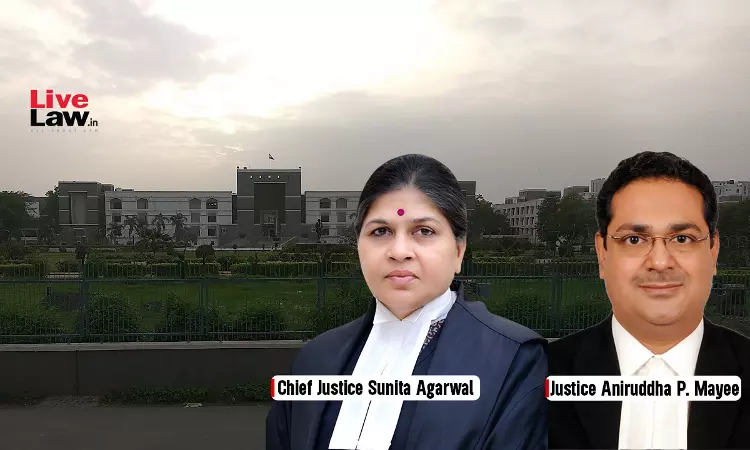The Gujarat High Court division bench of Chief Justice Sunita Agarwal and Justice Aniruddha P. Mayee held that Court cannot sit in appeal over the arbitral award and re-examine the merits. It held that it is not permissible for a court to reappreciate the evidence on record.Further, it held that the arbitral award cannot be interfered with where on interpretation of any contract or document,...

